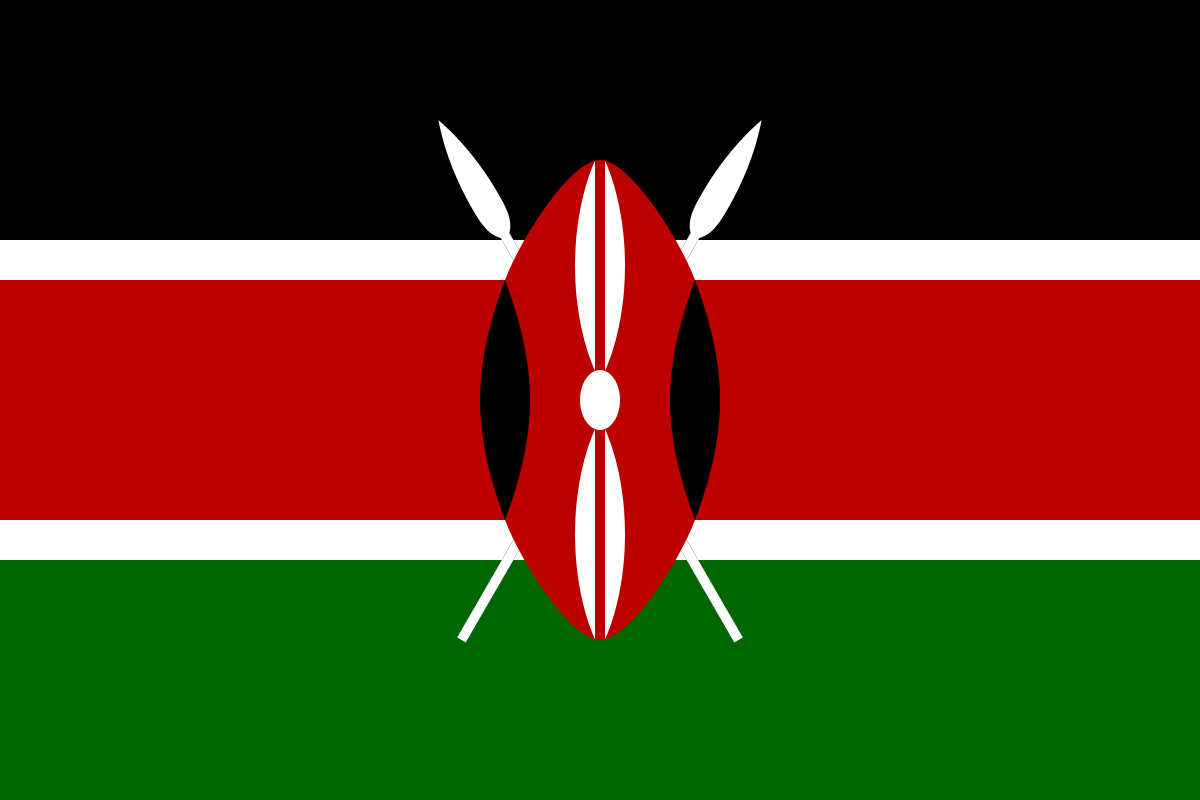The Private Sector Federation (PSF) has urged investors and businesses to switch to shift work as an effective employment model if they want to increase working hours to maximize production.
Shift work refers to a work schedule that is performed in rotations.
This can include overnight hours, early morning hours, or a rotating schedule that changes over a weekly, monthly, or quarterly basis.
Another common practice of shift work is longer hours over a shorter work week.
The reaction follows the cabinet resolution which decided that official working hours will be eight hours from 9:00am to 5:00pm (excluding a one-hour lunch break), and including a flexible hour between 8:00am 9:00am.
Employees will now be working eight hours a day, down from nine currently - and a combined 40 hours a week (instead of 45).
“We welcome the adjusted working hours because it will give enough time to families to cater for children in the morning and evening as schooling hours have also been adjusted. However, considering that businesses and investors always want to exploit all hours generating time, they should embrace shift work,” Walter Hunde, the PSF spokesperson told The New Times.
He said the move to switch to shift work could also create more jobs and thus reduce unemployment.
“Employers in the private sector should look into shift work. If an employee spends eight hours at work as decided by the government, the employer should hire another employee to work the remaining hours...
Businesses can increase working hours through shift work. This means hours before 9:00am and hours after 5:00pm can still be exploited by using shift work. Shift work also saves time for employees to take enough rest and be productive. This can work in all businesses such as hotels among others,” he noted.
Eng. Andre Mutsindashyaka, the Secretary General of the Rwanda Extractive Industry Workers Union (REWU) welcomed the adjusted hours from 45 to 40 hours per week.
“The adjustment is timely because when an employee spends so many hours at work, they are not productive as they become exhausted from overwhelming work. Reducing the working hours will increase productivity at work,” he said.
“Employee becomes productive when employers cater to them through enabling working conditions, satisfactory wage to afford basic needs, and saving among others,” he argued
In 2019 before the Covid-19 outbreak, the mining sector employed about 71,205 workers, an increase from 47, 727 workers in 2017, according to the National Institute of Statistics of Rwanda (NISR).
“The 40 hours were established after realizing that both employers and employees can benefit from the 40 hours per week and be productive,” he noted.
He said that in developed countries working hours have been reduced to 35 per week.
“The 40 hours per week which will be enforced in January next year is good news and requires responsible workers. The workers will also get time to cater to their families,” he added.
Solange Nyirangaruye, an employer of 10 workers in a restaurant in Rubavu district said that she employs her workers in shifts.
“Sometimes when you are employing mothers, you have to help them work in favourable hours thanks to the shift work. When a waiter is very tired after working for so many hours, the service and customer care are also affected. So, adjusting working hours and embracing shift work was needed,” she said. - Michel Nkurunziza, The New Times









